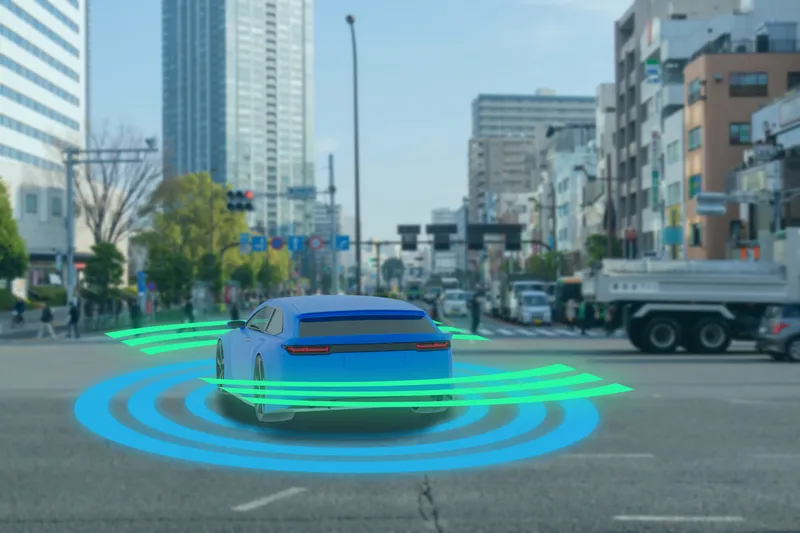A new report from a Washington, DC, energy policy group urges the federal government to begin allocating its US$150 billion budget for transport services to carriers that fuel their fleets on domestically produced natural gas, electricity, biofuels and other alternatives to diesel and gasoline.
August 3, 2012
Read time: 2 mins
A new report from a Washington, DC, energy policy group urges the federal government to begin allocating its US$150 billion budget for transport services to carriers that fuel their fleets on domestically produced natural gas, electricity, biofuels and other alternatives to diesel and gasoline.
The report, by the non-profit6310 American Clean Skies Foundation (ACSF), says a switch of just 20 per cent of the US government’s business to freight and package carriers using alternative fuels would lead to taxpayer savings of up to $7 billion annually and approximately $25 billion by 2025 (assuming a gradual fuel shift, beginning in 2015). Much of the savings is attributable to reduced fuel costs because major alternatives, such as compressed natural gas (CNG), cost less per gallon than petroleum-based fuels.
The 55-page ACSF report -- Oil Shift: The Case for Switching Federal Transportation Spending to Alternative Fuel Vehicles -- finds that shifting federal transportation contracts to vans and trucks running on alternative fuels could reduce oil imports by billions of gallons annually; cut greenhouse gas (GHG) pollution by over 20 million metric tons a year; and stimulate the nationwide introduction of tens of thousands of new alternative fuel vehicles.
A copy of the 61-page report in pdf format is available at this link.
The report, by the non-profit
The 55-page ACSF report -- Oil Shift: The Case for Switching Federal Transportation Spending to Alternative Fuel Vehicles -- finds that shifting federal transportation contracts to vans and trucks running on alternative fuels could reduce oil imports by billions of gallons annually; cut greenhouse gas (GHG) pollution by over 20 million metric tons a year; and stimulate the nationwide introduction of tens of thousands of new alternative fuel vehicles.
A copy of the 61-page report in pdf format is available at this link.







